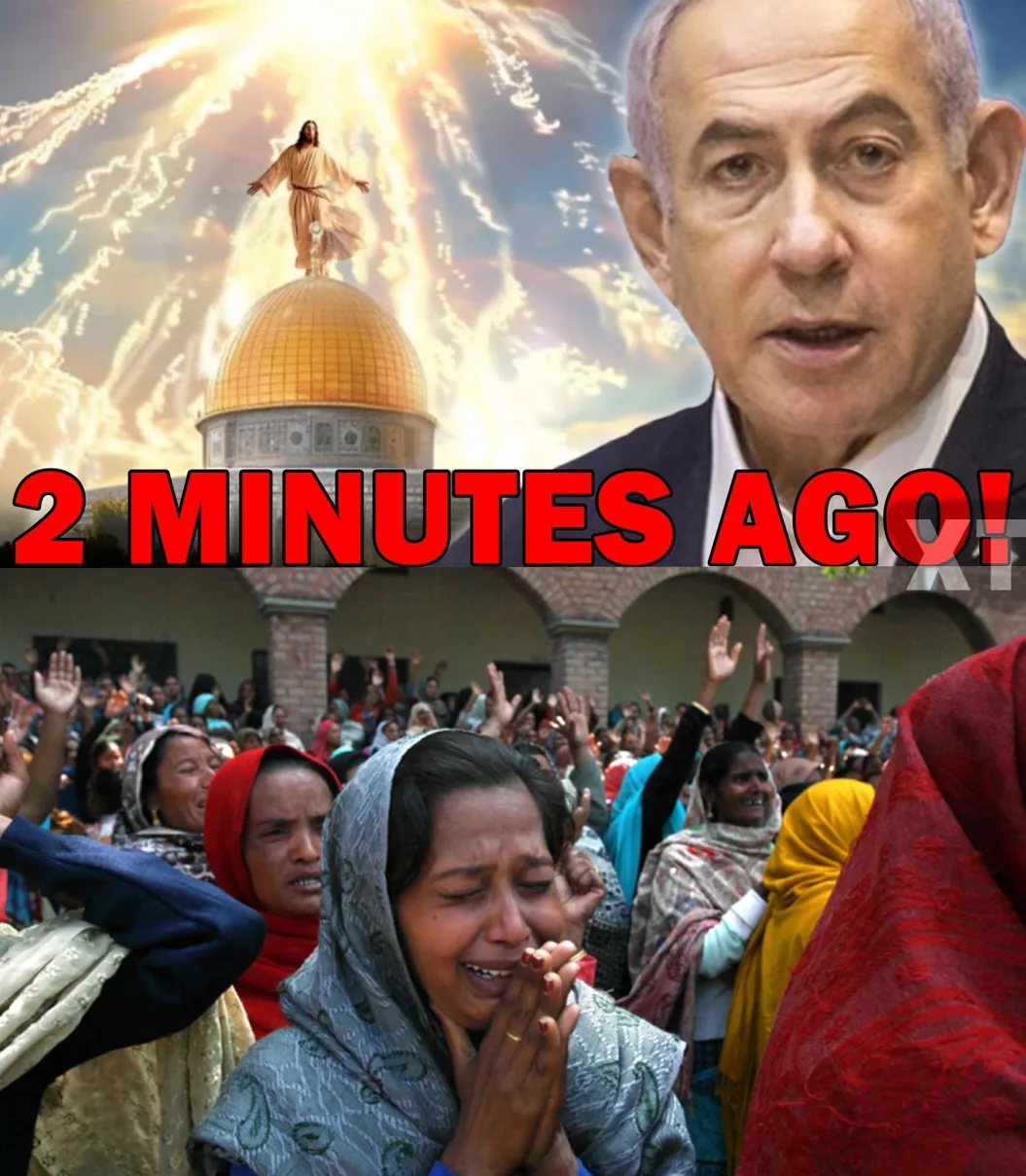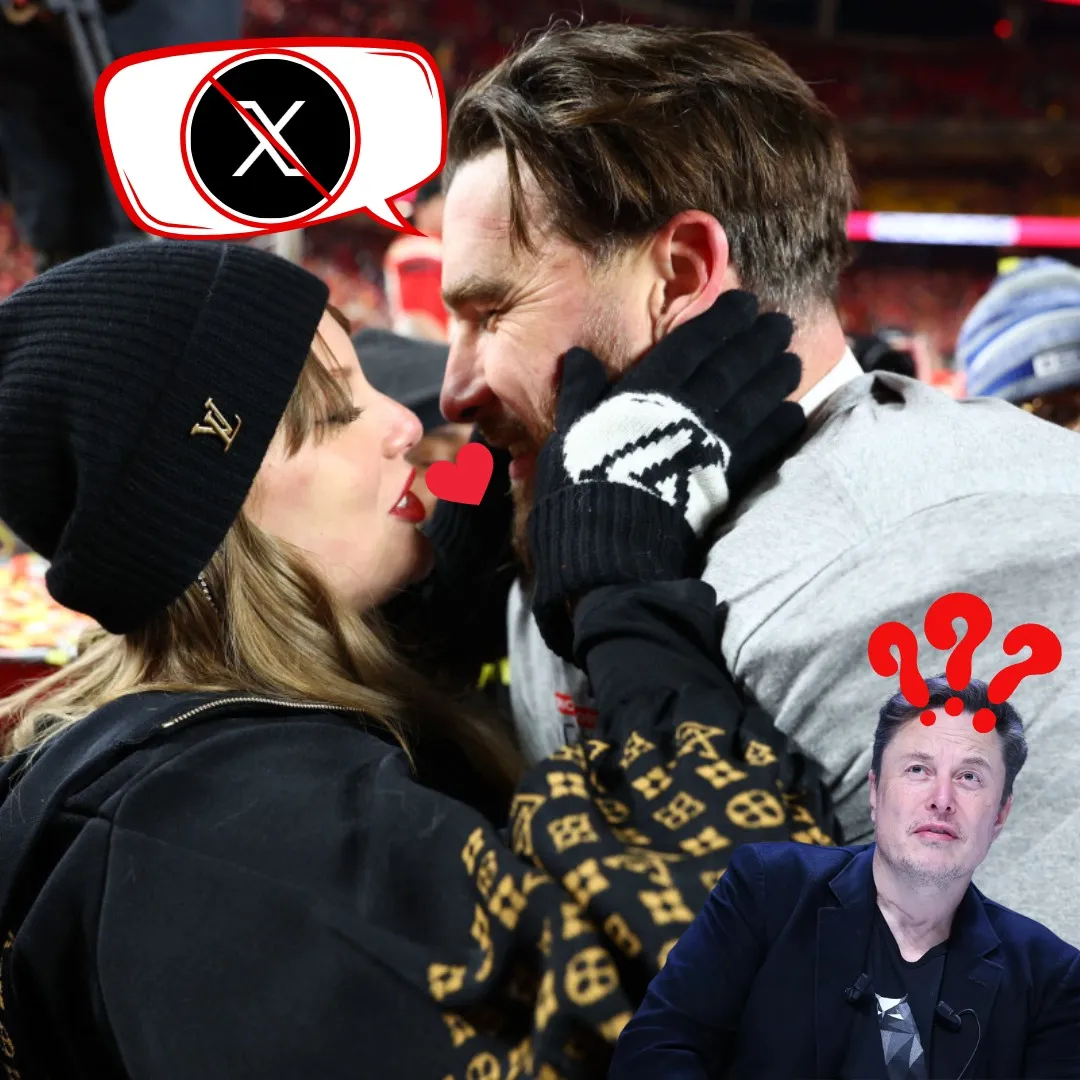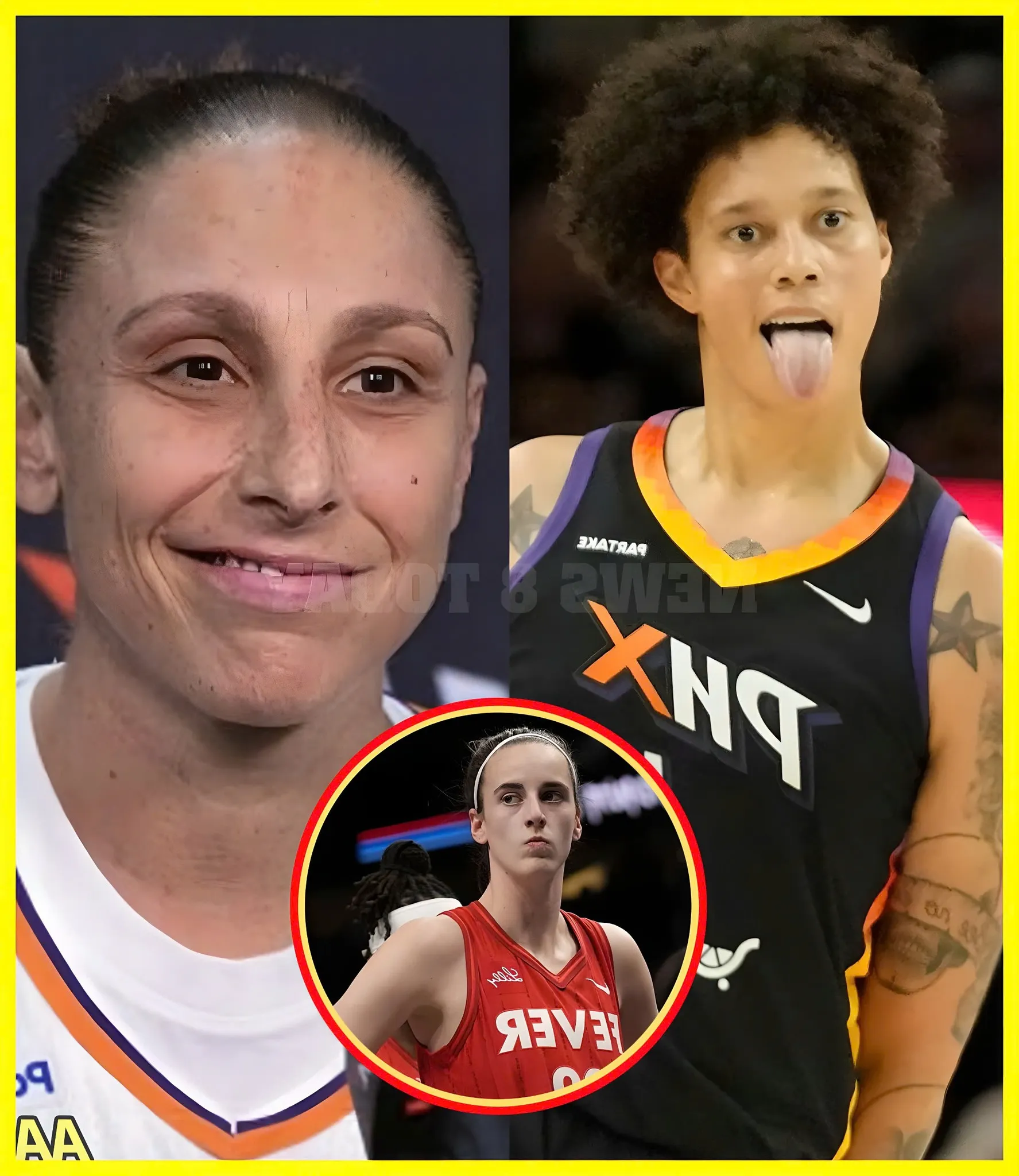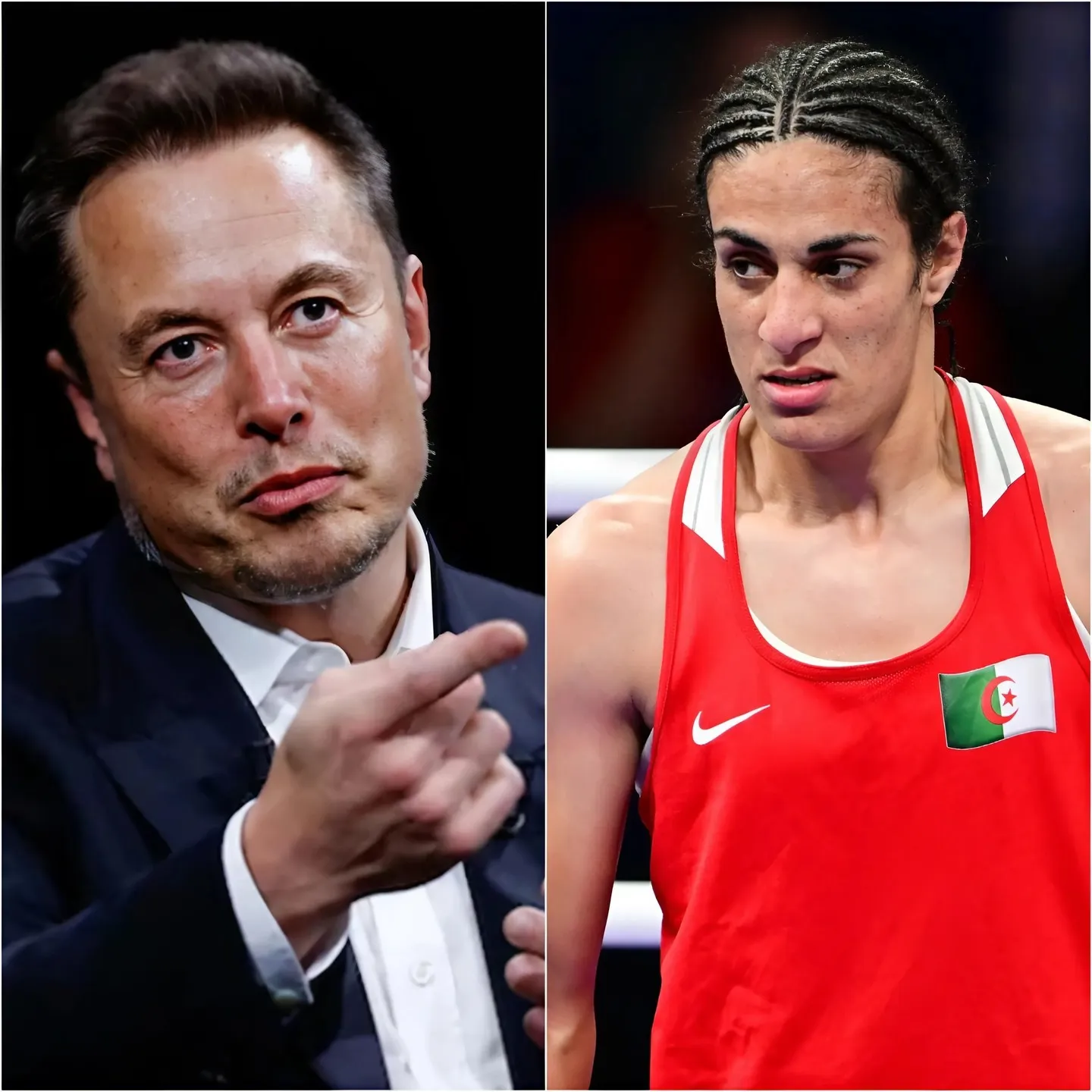
In a heated exchange that has reignited the global debate surrounding gender identity in sports, renowned author J.K. Rowling has publicly criticized Valentina Petrillo, a transgender Paralympic sprinter. Rowling, known for her controversial views on transgender issues, described Petrillo as a "cheater" on social media, sparking outrage and support in equal measure. Her comments have once again placed her at the center of a polarizing conversation about fairness and inclusion in athletics.
Rowling's remarks came after Petrillo's recent participation in Paralympic events, where she has been competing in the women’s category. Petrillo, who transitioned from male to female, has faced scrutiny from some critics who argue that transgender athletes retain physiological advantages despite transitioning. Rowling echoed these concerns, claiming Petrillo’s inclusion in women’s sports undermines fair competition.
The author’s statement drew an immediate reaction online, with critics accusing her of transphobia while supporters praised her for defending women’s rights. Rowling defended her stance, stating that her criticism was not rooted in hatred but in the principles of fair play and the integrity of female athletics. “Valentina Petrillo competing in women’s events is not just unfair; it’s a blatant disregard for biological realities,” Rowling tweeted.
Valentina Petrillo, a decorated sprinter who has competed in numerous Paralympic events, has been an advocate for transgender representation in sports. In previous interviews, Petrillo has spoken about the challenges of transitioning and competing in a category that aligns with her gender identity. She has consistently denied any unfair advantage, arguing that her achievements result from hard work and dedication, not inherent biological differences.

Supporters of Petrillo have rallied to her defense, emphasizing the importance of inclusivity in sports. LGBTQ+ advocacy groups and allies have condemned Rowling's comments as harmful and discriminatory. They argue that targeting transgender athletes perpetuates stigma and marginalizes an already vulnerable community. “Trans women are women, and their participation in sports should be celebrated, not vilified,” one activist tweeted in response to Rowling's remarks.
The debate over transgender athletes is not new but remains a deeply divisive issue in the world of sports. Critics often cite concerns about fairness, pointing to studies suggesting that biological males may retain certain physical advantages even after transitioning. On the other hand, proponents of inclusion argue that policies restricting transgender participation infringe on basic human rights and deny individuals the opportunity to compete as their authentic selves.
Several sports organizations have introduced guidelines to address these concerns, balancing the principles of fairness and inclusion. The International Olympic Committee (IOC) and World Athletics have adopted policies requiring transgender women to meet specific criteria, including reduced testosterone levels, to compete in female categories. However, critics argue that such measures do not fully level the playing field, and the debate over their efficacy continues.
Rowling’s comments have also sparked broader discussions about the role of high-profile figures in shaping public opinion on sensitive topics. As a bestselling author with millions of followers, Rowling’s statements carry significant influence, for better or worse. While some praise her for raising difficult questions, others accuse her of using her platform to spread harmful rhetoric. This latest controversy has once again highlighted the challenges of navigating complex social issues in the age of social media.
For many, the issue of transgender athletes goes beyond sports and touches on deeper questions about identity, equality, and societal values. Advocates for inclusion argue that the presence of transgender athletes like Petrillo enriches the sporting community by fostering diversity and breaking down barriers. Opponents, however, maintain that inclusion should not come at the expense of fairness and the integrity of competition.
As the debate continues, both Rowling and Petrillo remain central figures in this cultural clash. Rowling’s critics have called for her to reconsider her stance and engage in constructive dialogue with the transgender community. Meanwhile, supporters of Petrillo have urged sports organizations to do more to protect transgender athletes from targeted attacks and ensure their right to compete without fear of discrimination.

Valentina Petrillo has yet to publicly respond to Rowling’s comments but has previously expressed her commitment to continuing her career despite the challenges. In an earlier interview, she stated, “I run because it’s my passion. I will not let the opinions of others dictate my life.” Her resilience in the face of adversity has made her a symbol of courage for many in the transgender community.
The controversy surrounding Rowling’s comments underscores the complexity of the debate over transgender inclusion in sports. It is a conversation with no easy answers, shaped by scientific, ethical, and emotional considerations. As public figures like Rowling weigh in, the issue remains a flashpoint for broader discussions about gender, identity, and fairness in society.
This latest incident involving Rowling and Petrillo is unlikely to be the last, as the world continues to grapple with the evolving landscape of gender and sports. Both sides remain steadfast in their positions, and the path forward will require empathy, understanding, and a willingness to find common ground. Until then, the debate will persist, with voices from all perspectives contributing to this ongoing cultural discourse.



